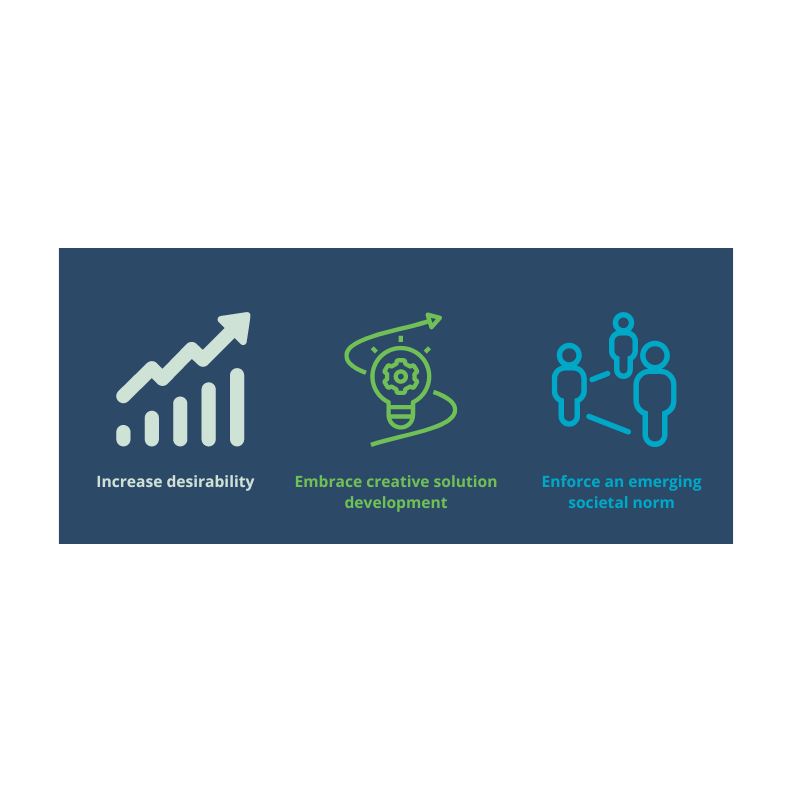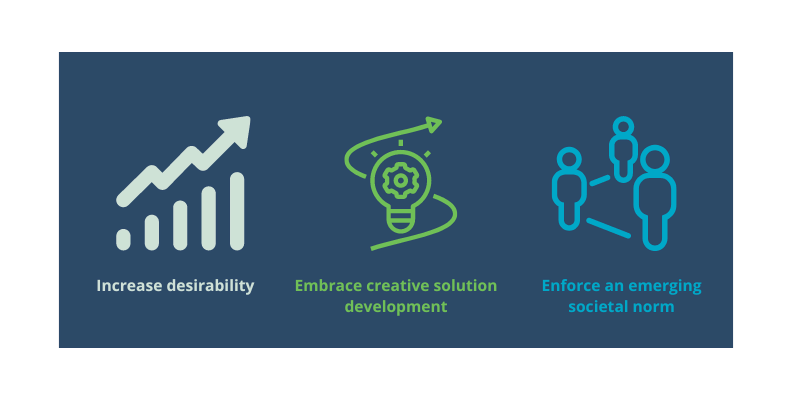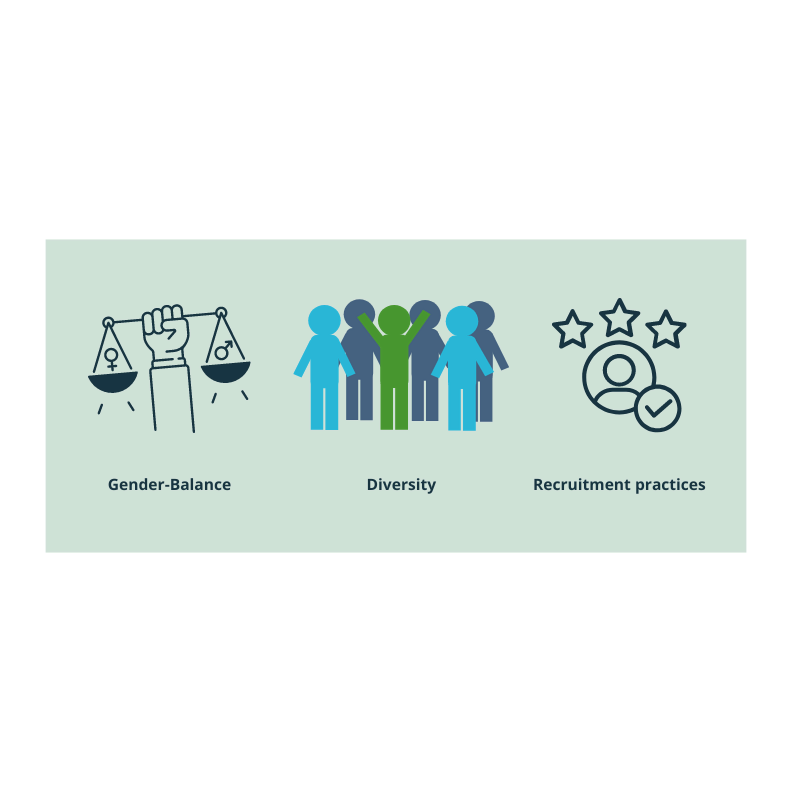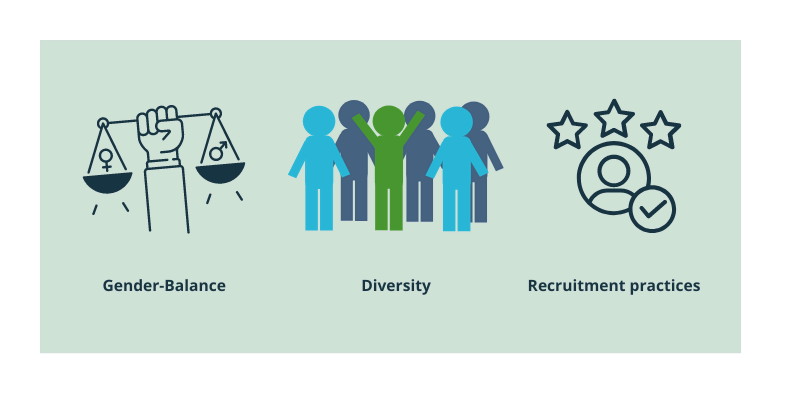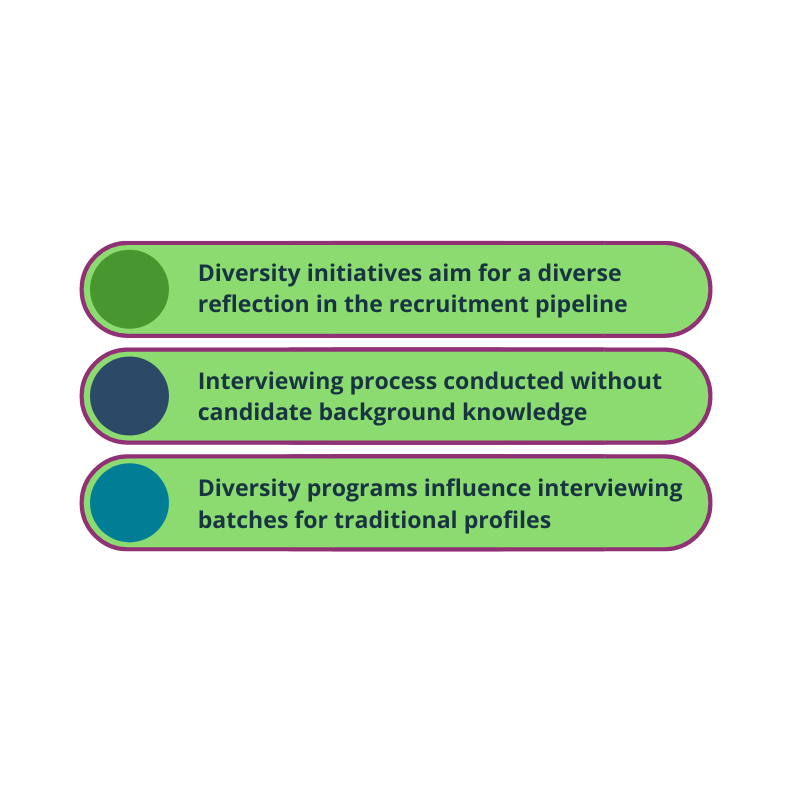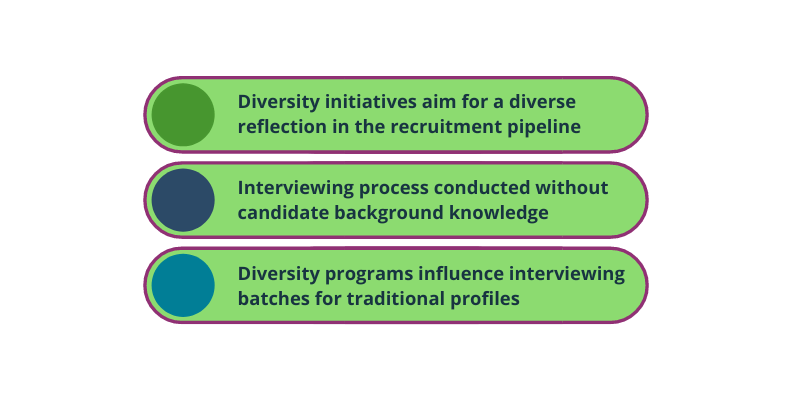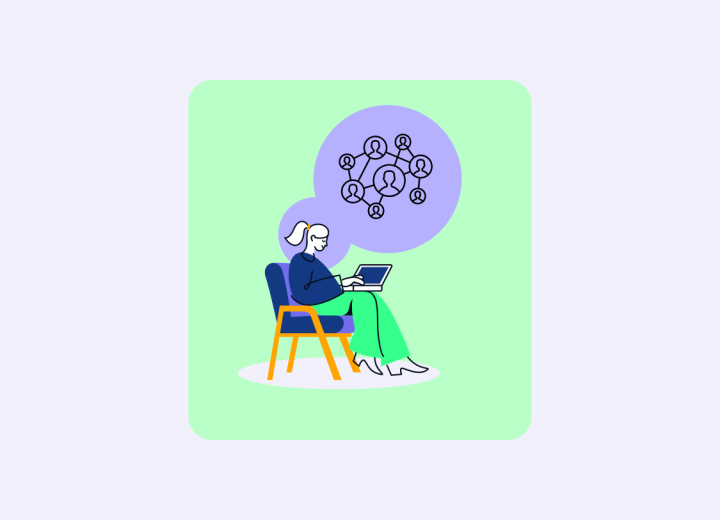"Diversity and inclusion" is not merely a buzzword found on workplace websites; it has become a norm that firms must respect and actively embrace.
However, there is a lot of hearsay about how much these initiatives help, how they work, and their impact on candidates. This article seeks to clarify these and share direct insights on the recruitment process from an MBB Partner.

